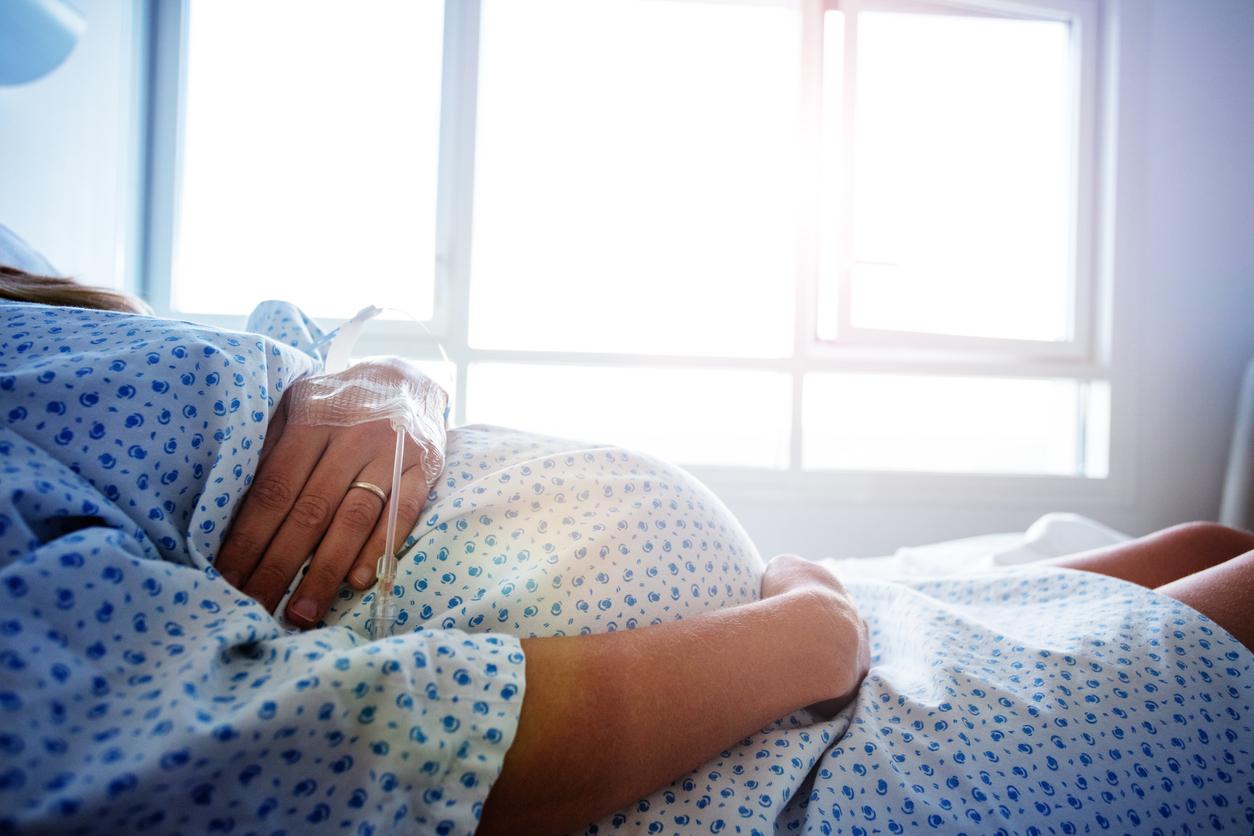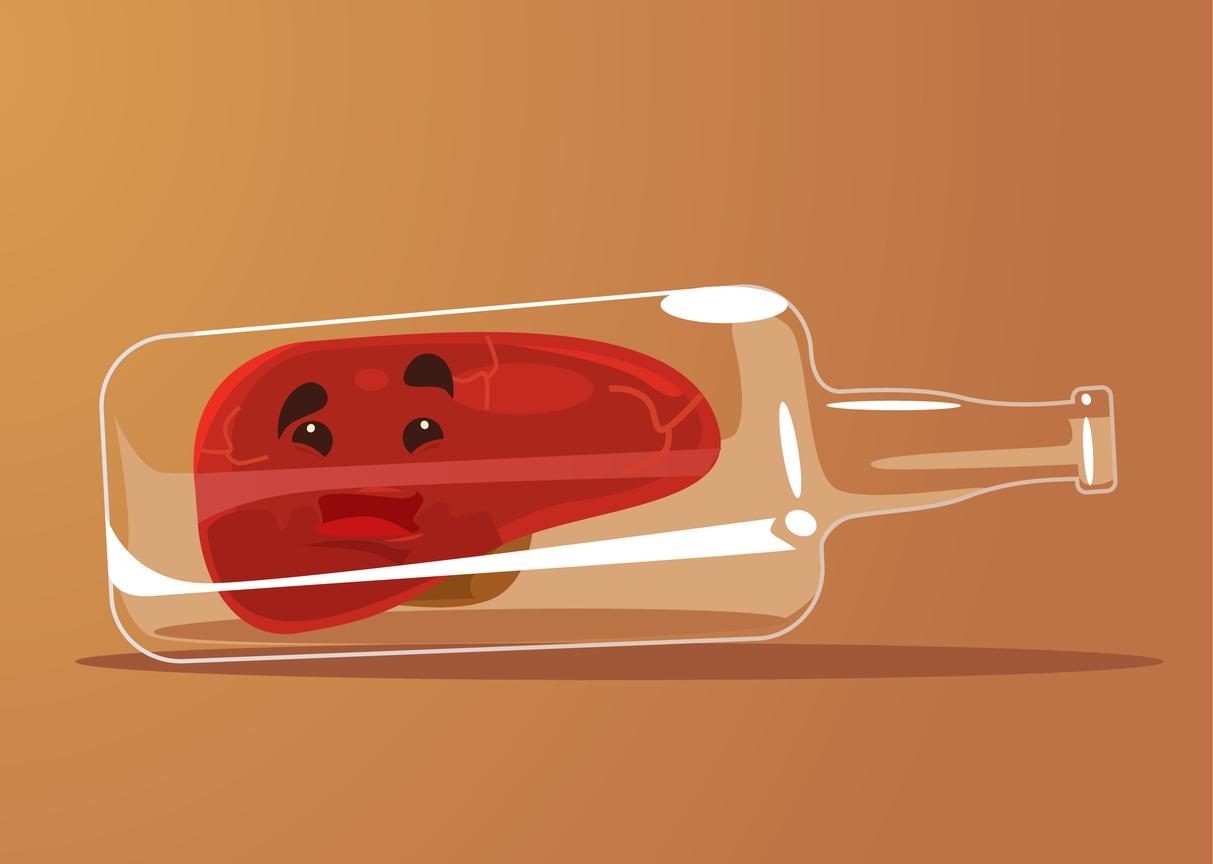27% of French women continue to drink alcohol during their pregnancy, thus exposing their child to fetal alcohol syndrome (FAS) which causes malformations.

- 27% of French women continue to drink alcohol during their pregnancy, according to a new survey.
- This bad habit promotes the development of fetal alcohol syndrome in their child.
- The symptoms of fetal alcohol syndrome are serious and multiple.
This is a strong figure revealed by a new OpinionWay study commissioned by the Saf France association And The Parisian.
Alcohol and pregnancy: regional disparities
Even when they know they are pregnant, 27% of French women continue to drink alcohol during their pregnancy, thus exposing their child to fetal alcohol syndrome (FAS). 5% of them even admit to consuming this type of drink more than once a month, and 4% admit to ingesting it more than once a week.
The study also indicates significant regional disparities, with 38% of residents of Île-de-France continuing to drink alcohol during their pregnancy compared to 7% in Réunion.
Alcohol and pregnancy: what is fetal alcohol syndrome ?
FAS represents the major form of Fetal Alcohol Disorder (FASD) which can occur when the mother-to-be has consumed alcohol during her pregnancy. This type of liquid is in fact a toxic teratogen (causing malformations) which very easily crosses the placenta and damages the baby’s developing cells, particularly those of the brain.
“Unfortunately, just one aperitif may be enough! Although we are all unequal in terms of risk, it is proportional to the quantity of alcohol ingested. This is why it is absolutely necessary to ban alcohol, and above all binge-drinking behaviors when considering and carrying a pregnancy to protect your baby and give him or her the best chance for the future.” specifies Denis Lamblin, pediatrician and president of the Saf France association.
“The symptoms of fetal alcohol syndrome are multiple and diverse depending on the stage of development of the fetus, the quantity and duration of alcohol consumption. Facial malformations, central nervous system abnormalities causing psychomotor delays, intellectual deficit, problems behavior and learning… In most cases, the disorders are not visible on the baby who has just been born but appear later, when entering nursery or school, sometimes even around 6-8 years old and into adulthood, when the brain becomes more mature”, he explains.
Alcohol, pregnancy and fetal alcohol syndrome: poorly trained doctors
In 2021, another OpinionWay survey for the Saf France association also demonstrated that general practitioners know little about fetal alcohol syndrome. Thus, a minority of them are able to roughly estimate the incidence of FASD and a third have no idea about the latter.
Furthermore, only one in ten knows the number of pathologies caused by prenatal alcohol consumption and a third do not think about the link between FASD and occasional alcohol consumption during pregnancy. Finally, 33% of doctors do not systematically discuss this issue during pregnancy monitoring.
15,000 children are born each year in France with fetal alcohol syndrome.
















